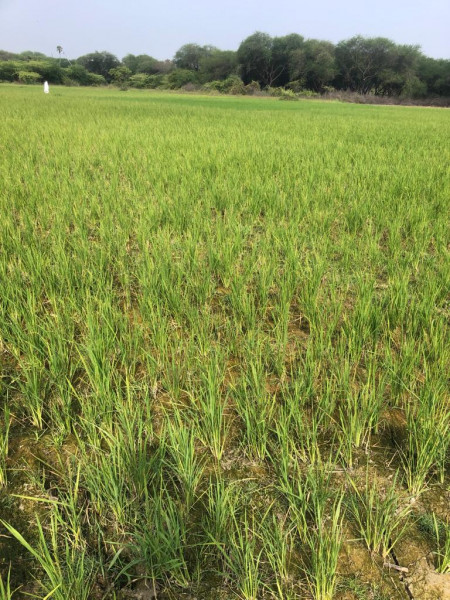
Organic Farming in India: Challenges and Prospects
- Agriculture
- 07 February, 2023
- 204
Organic farming is a method of agriculture that relies on natural processes to promote soil fertility and pest control, without the use of synthetic fertilizers or pesticides. In recent years, there has been a growing interest in organic farming in India, as consumers become more conscious of the impact of their food choices on the environment and their health.
However, despite its potential benefits, organic farming in India faces several challenges. One of the main challenges is the lack of certification and labeling standards, making it difficult for consumers to distinguish between genuine organic products and those that are merely marketed as such. Another challenge is the lack of access to credit and marketing support for farmers who are interested in transitioning to organic farming.
In addition, farmers who practice organic farming often face lower yields compared to conventional farming methods, as the use of synthetic fertilizers and pesticides is banned. This can make it difficult for farmers to make a living from organic farming, particularly in the initial years of transition.
Despite these challenges, organic farming has the potential to play a significant role in promoting sustainable agriculture in India. By reducing the use of synthetic fertilizers and pesticides, organic farming can improve soil health, conserve biodiversity, and promote the use of sustainable farming practices.
In conclusion, organic farming has the potential to make a positive impact on the environment and the health of Indian consumers. However, the sector faces several challenges, including a lack of certification and labeling standards, limited access to credit and marketing support, and lower yields compared to conventional farming methods. The government and other stakeholders need to work together to address these challenges and promote the growth of organic farming in India.
